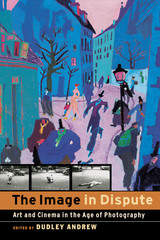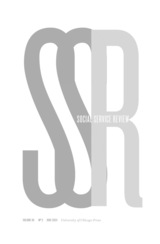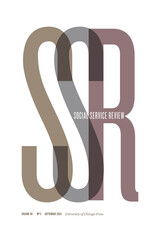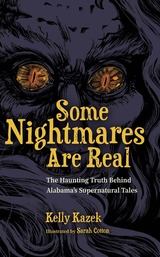
Formative writings by French avant-garde filmmaker Chris Marker
It is hard to imagine French cinema without La Jetée (1962), the time-travel short feature by the reclusive French filmmaker Christian François Bouche-Villeneuve, better known as Chris Marker. He not only influenced artists ranging from David Bowie to J. G. Ballard but also inspired the cult film 12 Monkeys. Marker’s influence expanded beyond his own films through his writings for the French monthly Esprit as well as anthologies and newly founded film publications.
This first English translation of Marker’s early writings on film brings together reviews and essays, published between 1948 and 1955, that span the topics of film style, adaptation, and ideology, as well as animation and the debates surrounding 3-D and wide-screen technologies, ranging from late silent-era films to postwar Hollywood’s efforts to contend with the rise of television. Readers will find commentary on Laurence Olivier’s 1944 screen adaptation of Henry V, a scathing review of Robert Montgomery’s Lady in the Lake (1947), critiques of Walt Disney productions, a discussion of the pitfalls of prioritizing commercial success over aesthetic values, and more.
An indispensable resource for cinephiles and scholars alike, these texts document the emergence of Marker’s critical voice and situate him alongside such contemporaries as André Bazin and Eric Rohmer, as well as the future French New Wave figures Jean-Luc Godard and François Truffaut. They show how his remarks on individual films open onto his engagement with films as social and cultural phenomena.

Photography, cinema, and video have irrevocably changed the ways in which we view and interpret images. Indeed, the mechanical reproduction of images was a central preoccupation of twentieth-century philosopher Walter Benjamin, who recognized that film would become a vehicle not only for the entertainment of the masses but also for consumerism and even communism and fascism.
In this volume, experts in film studies and art history take up the debate, begun by Benjamin, about the power and scope of the image in a secular age. Part I aims to bring Benjamin's concerns to life in essays that evoke specific aspects and moments of the visual culture he would have known. Part II focuses on precise instances of friction within the traditional arts brought on by this century's changes in the value and mission of images. Part III goes straight to the image technologies themselves—photography, cinema, and video—to isolate distinctive features of the visual cultures they help constitute.
As we advance into the postmodern era, in which images play an ever more central role in conveying perceptions and information, this anthology provides a crucial context for understanding the apparently irreversible shift from words to images that characterized the modernist period. It will be important reading for everyone in cultural studies, film and media studies, and art history.
READERS
Browse our collection.
PUBLISHERS
See BiblioVault's publisher services.
STUDENT SERVICES
Files for college accessibility offices.
UChicago Accessibility Resources
home | accessibility | search | about | contact us
BiblioVault ® 2001 - 2024
The University of Chicago Press









